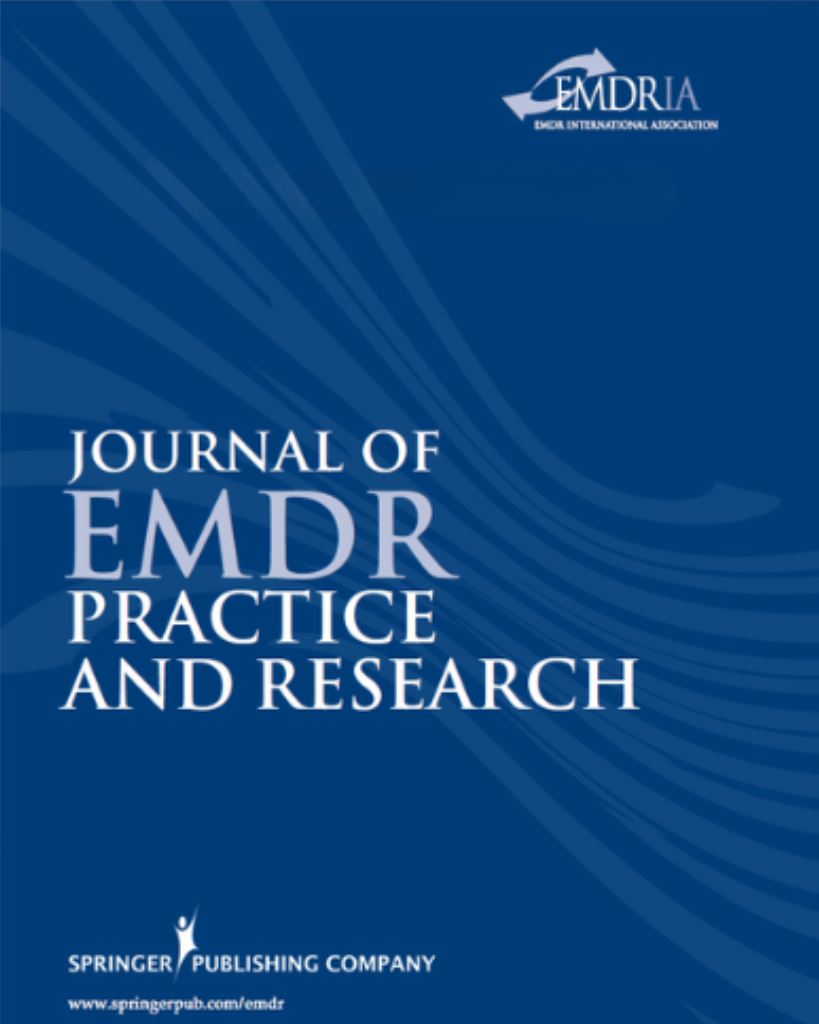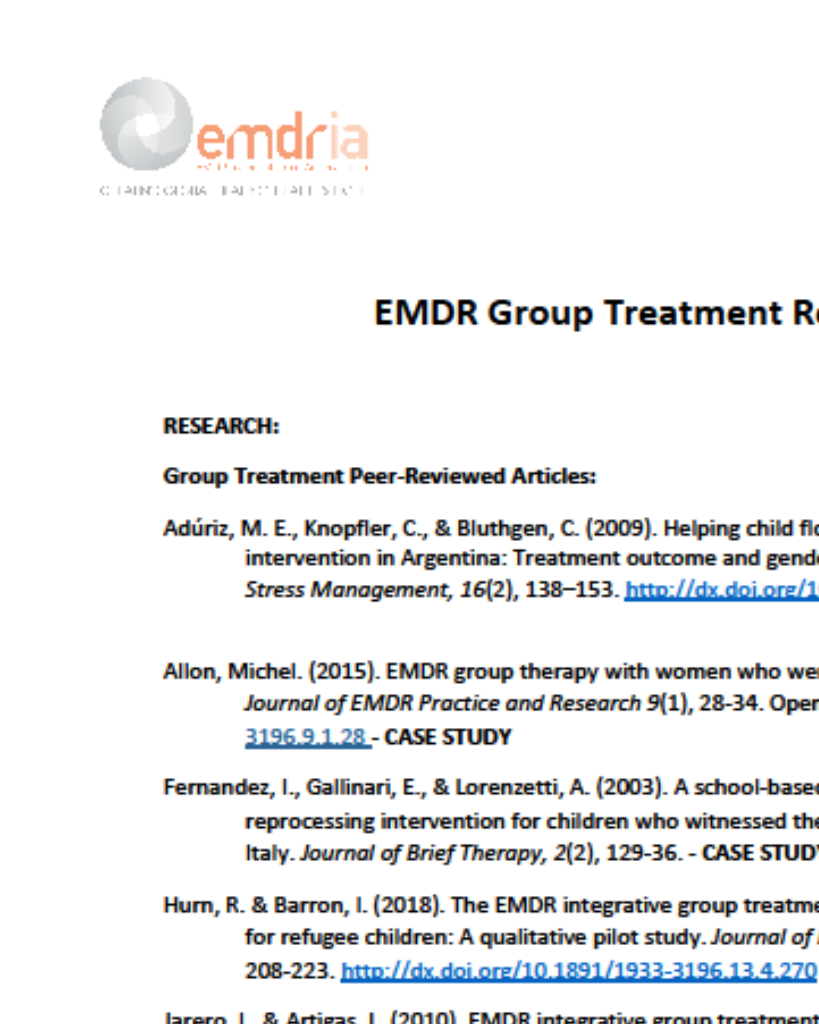Combating Tsunami Disaster Through EMDR
After the 2004 tsunami devastation in Sri Lanka, many citizens experienced severe psychological reactions and were treated with EMDR.
Article Abstract
“After the 2004 tsunami devastation in Sri Lanka, many citizens experienced severe psychological reactions. The effectiveness of EMDR is illustrated in the treatment of seven of these individuals: 3 children and 2 adults with posttraumatic stress disorder (PTSD) symptoms and 2 adults with depressive symptoms. After 3–8 sessions of EMDR the symptoms were eradicated and these clients were free from their depressive feelings, anxieties, intrusions, and nightmares, were able to function normally, and were able to lead productive lives. These outcomes replicate those in the research literature demonstrating that EMDR is an efficacious treatment for PTSD in general, with specific utility for disaster-related PTSD. It is recommended that future controlled studies be conducted to evaluate the effectiveness of EMDR in the immediate aftermath of disasters and to assess its effectiveness with major depressive disorder.”
—Description from publisher
Article Access
Open Access
Jayatunge, R. M. (2008). Combating Tsunami Disaster Through EMDR. Journal of EMDR Practice and Research, 2(2), 140–145. https://doi.org/10.1891/1933-3196.2.2.140
About the Journal
Journal of EMDR Practice and Research (JEMDR) is a peer-reviewed publication devoted to integrative, state-of-the-art papers about EMDR therapy. It is a broadly conceived interdisciplinary journal that stimulates and communicates research and theory about EMDR therapy and its application to clinical practice. JEMDR is the official publication of the EMDR International Association.
Date
June 1, 2008
Creator(s)
Ruwan M. Jayatunge
Topics
PTSD, Tragedies
Practice & Methods
EMDR Early Intervention
Extent
6 pages
Publisher
Springer Publishing Company
Rights
Copyright © 2008 EMDR International Association
APA Citation
Jayatunge, R. M. (2008). Combating Tsunami Disaster Through EMDR. Journal of EMDR Practice and Research, 2(2), 140–145. https://doi.org/10.1891/1933-3196.2.2.140
Series
2
Installment
2
Audience
EMDR Therapists
Language
English
Content Type
Peer-Reviewed
Original Source
Journal of EMDR Practice and Research
Access Type
Open Access





